- Home
- slideshows
- miscellaneous
- Democratic presidential candidates are introducing ambitious plans to get more Americans into college without adding to the $1 trillion mountain of student debt
Democratic presidential candidates are introducing ambitious plans to get more Americans into college without adding to the $1 trillion mountain of student debt
Rep. John Delaney wants to offer scholarships for students who participate in national service.

Sen. Kirsten Gillibrand wants to create "an expanded GI bill" to allow students who participate in national service to access free education.
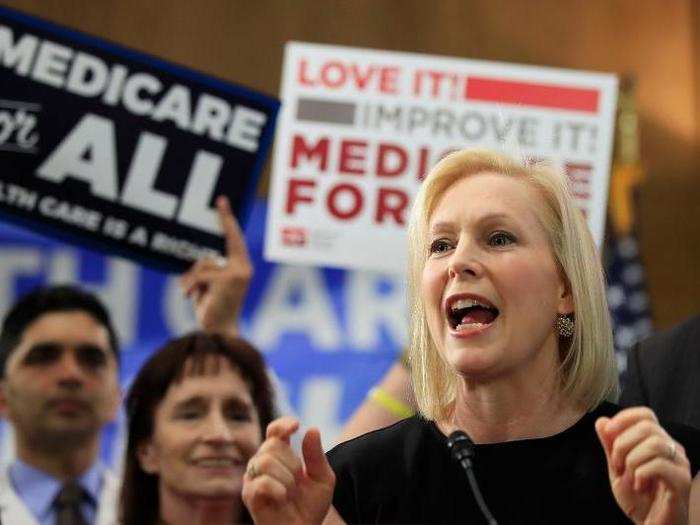
Gillibrand's plan would offer two years of community college or state school education in exchange for a year of service in a program like AmeriCorps, the Peace Corps, or Teach For America and four years of college for two years of service.
"You can make it available to do healthcare, education, green jobs, first response or the military ... this is a lot more accessible and affordable than the other ideas out there," she said of her plan.
Massachusetts Rep. Seth Moulton also rolled out a plan to create more national service opportunities, and offer subsidized college tuition or job training for Americans who complete national service.
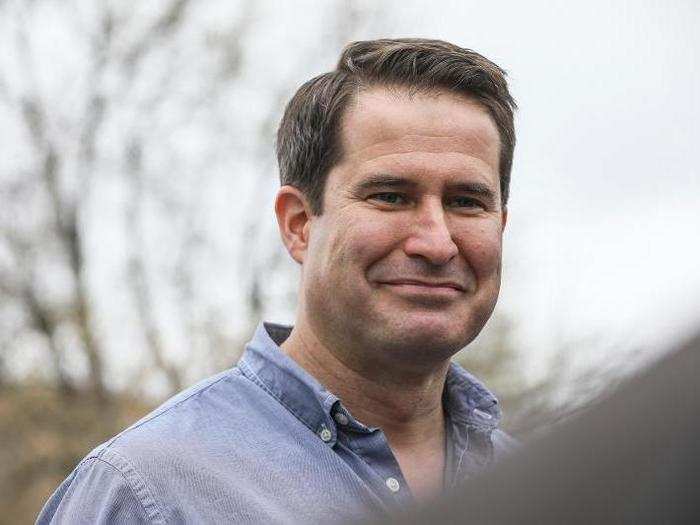
"That's the kind of forward-looking policy that I think we need to meet the challenges of a changing world ... we need a common mission, we need to be united going forward as a country," Moulton told ABC of his plan, according to Boston.com.
Sen. Bernie Sanders has advocated for more affordable education for decades, including making public college free.
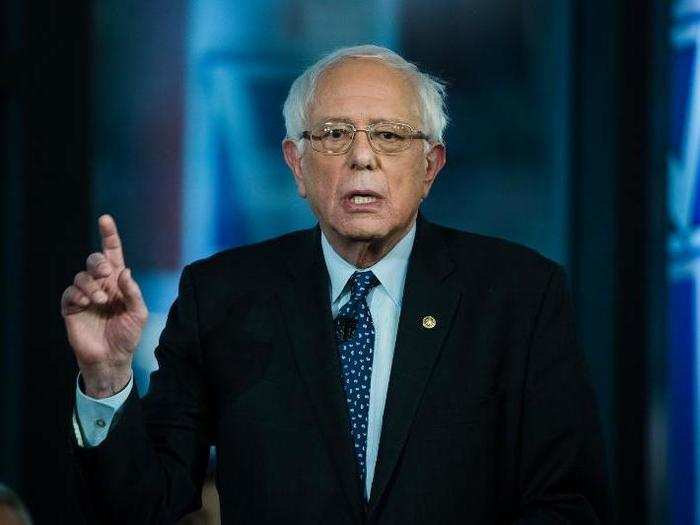
Sanders recently introduced ambitious legislation to provide $47 billion in federal funding to enable state universities to offer free tuition.
"In today's global economy, it is morally and economically wrong to force our young people to go deeply into debt for a college degree," Sanders recently wrote on his Facebook page.
Rep. Eric Swalwell wants to introduce loan-free public college for students who do work-study and/or go into public service.
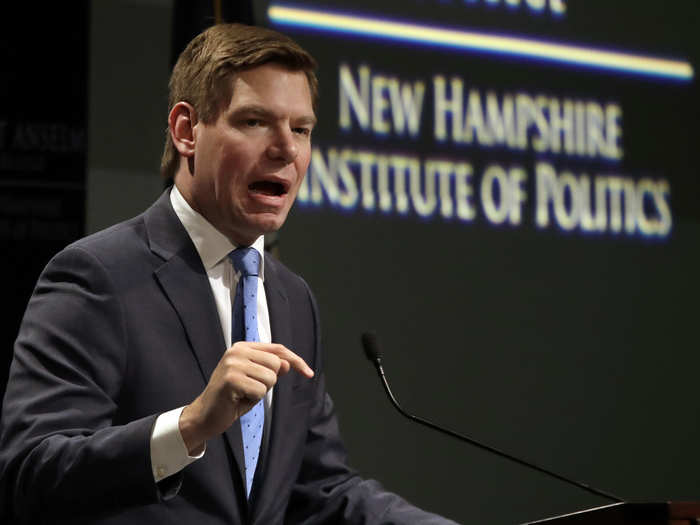
He also proposes introducing interest-free federal loans, and programs to enable employers to help pay off their employees' debt.
"I am prioritizing student loan debt in my platform because I know what it's like to feel like you're drowning in it ... I'm still paying off just under $100,000 in debt, myself," he wrote on his Facebook page.
Entrepreneur Andrew Yang wants to make two-year community college education free or extremely low-cost.
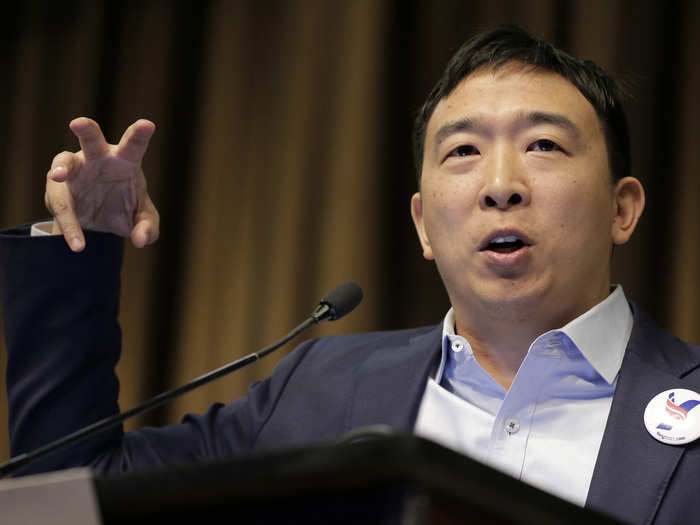
Yang also wants to increase data collection to determine which majors are associated with the most debt, and implement a number of measures to incentivize four-year colleges to reduce their tuition costs.
"There will be accountability for every dollar that the public is spending on school loans. We owe it to the next generation to get this right. We have to stop screwing young people and sticking them with the bill," Yang writes on his website.
New Jersey Sen. Cory Booker and Sen. Brian Schatz are lead authors of the Debt Free College Act, which would provide financial incentives from the federal government for state universities to lower the cost of college and reduce the amount of debt students take on.
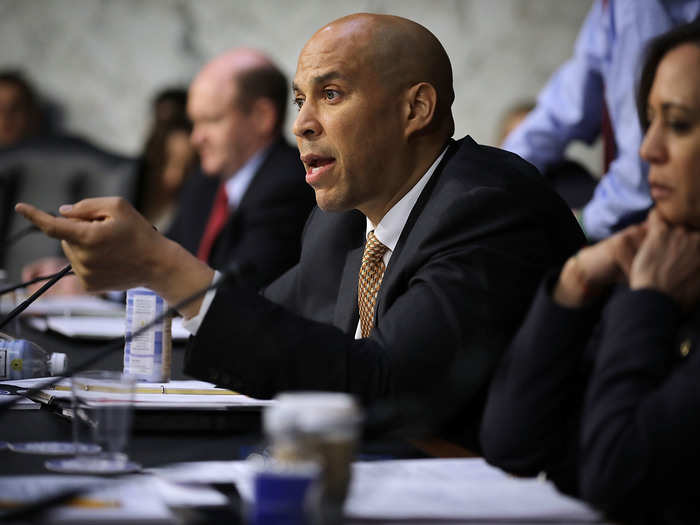
"Millions of students across the country are graduating with an unprecedented amount of student debt, and low-income students are hurt the most," Booker said, adding that the bill "incentivizes states to help students pay for the full cost of a college degree — including the cost of living — without taking on debt."
Long-shot presidential candidate Wayne Messam's signature policy proposal is to cancel all public and private student loan debt.
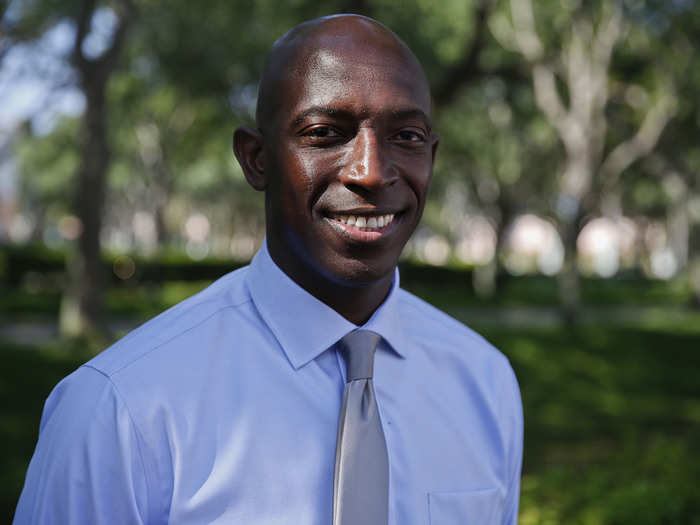
Messam would forgive nearly $1.4 trillion in student debt partly by un-doing the 2017 tax cut bill signed into law by President Donald Trump.
"Before we can make college affordable for the next generation, we must provide relief to the one-in-four adult Americans now struggling with student loan debt," Messam said during the launch of his campaign.
Texas Rep. Beto O'Rourke supports debt-free college, debt forgiveness, and loan refinancing for students who go into public service or other in-demand fields.
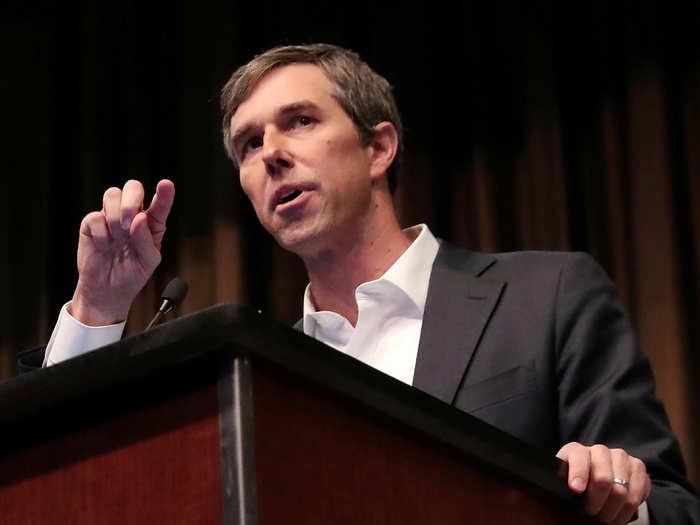
"Our country now has more student loan debt than credit card debt," he tweeted in March 2018. " We should allow Texans who commit to working in in-demand fields and in underserved communities the chance to graduate debt free."
In an interview with Vice News, South Bend, Indiana Mayor Pete Buttigieg supported expanding access to the Public Service Loan Forgiveness program.
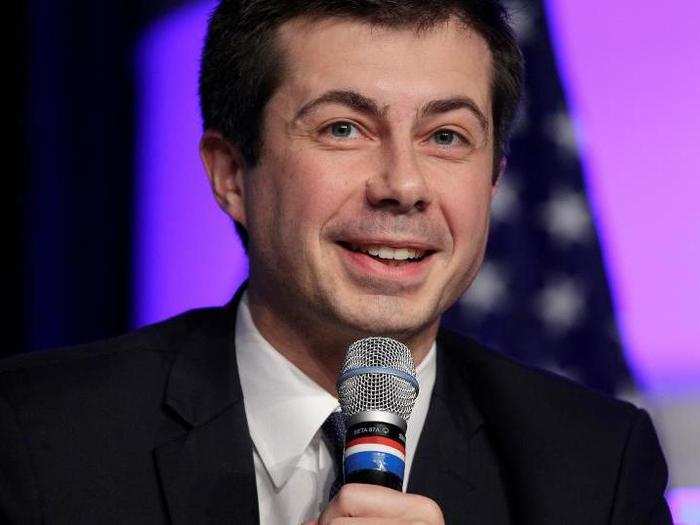
Buttigieg also supported federal government incentives to implore state schools to lower their tuition costs, but did not come out in favor of loan forgiveness for all student debt.
Buttigieg said any loan forgiveness programs should make a distinction between people in high-paying careers and people like teachers, "who are struggling in the middle class and almost being punished for the fact that they got an education and used it to benefit others."
Rep. Tulsi Gabbard of Hawaii was a co-sponsor of the version of Sanders' College for All bill introduced in the House.
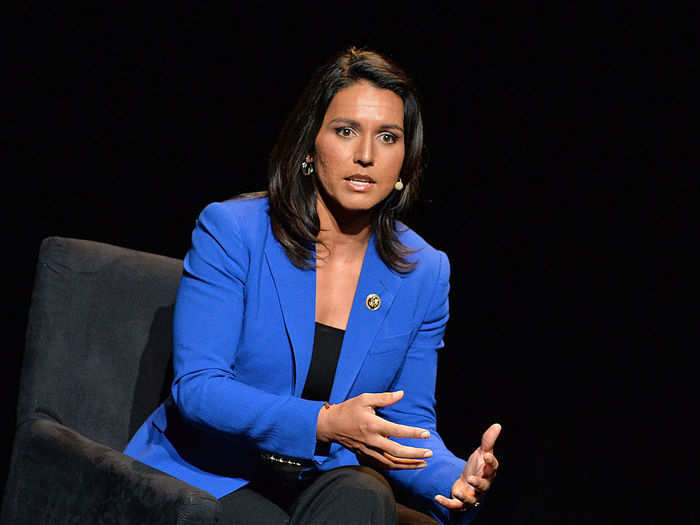
"This is the rate of student loan debt over the last 10+ years," Gabbard tweeted in February along with a graph showing that the value of total outstanding student debt has increased from $400 billion in 2008 to $1.6 trillion in 2018.
"Trump admin has made it worse by rolling back regulations and oversight on the way loans are administered. We need to re-invest in our students and make college attainable for everyone," she added.
Sen. Amy Klobuchar supports allowing students to refinance student loans at low rates, expanding Pell Grants, free two-year community college, and loan forgiveness for people who go into public service.
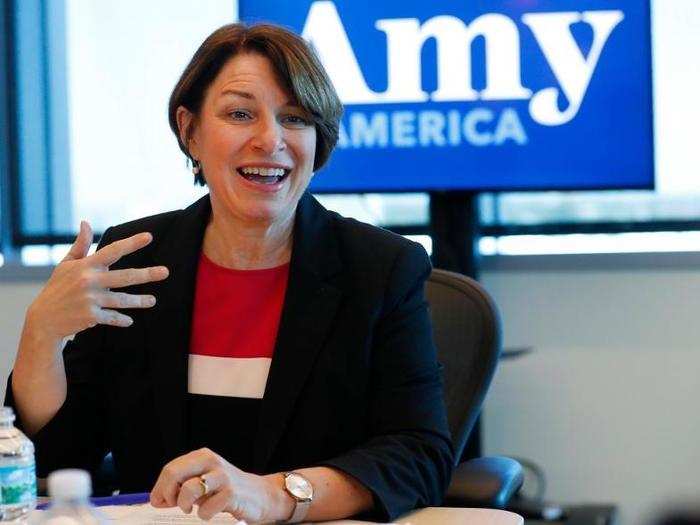
"There are a lot of paths to success in America, but we can all agree that we want to make college more affordable," Klobuchar said at an April 22 CNN town hall.
Sen. Elizabeth Warren recently rolled out an ambitious new $1.25 trillion plan to cancel most existing student loan debt and offer free public college, paid for with a tax on ultra-wealthy Americans.
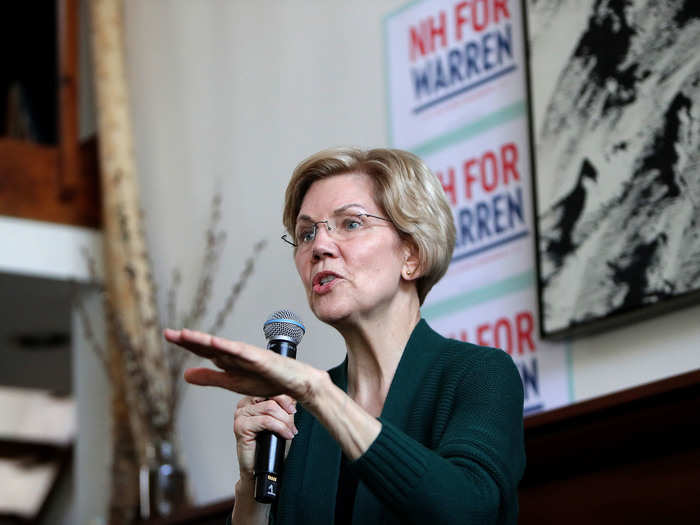
"I was able to get a quality, public education for just $50 a semester. That kind of opportunity is virtually impossible to find today," Warren wrote of her plan. "That's why I'm proposing a historic new federal investment in public higher education."
At a campaign stop in New Hampshire, former HUD Secretary Julian Castro supported making public university tuition and apprenticeship programs free or low-cost.
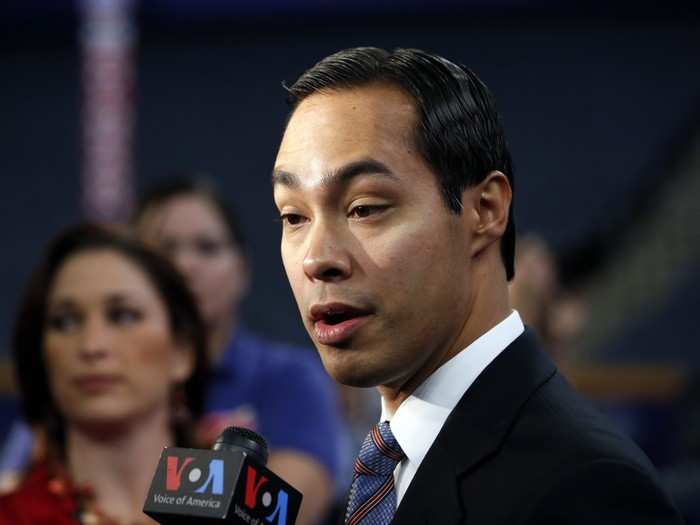
"We need to ensure, if we want to be competitive, that every single American who wants a higher education can get one," Castro said in New Hampshire, according to The Hill.
"That's why I believe that we need to work toward a tuition-free system of public university, college, apprenticeship and certification programs in this country to have the smartest, most well-prepared workforce that we can in this 21st century," he added.
Like Wayne Messam, Marianne Williamson supports student loan forgiveness, reducing interest rates, and free to low-cost community college and technical education.
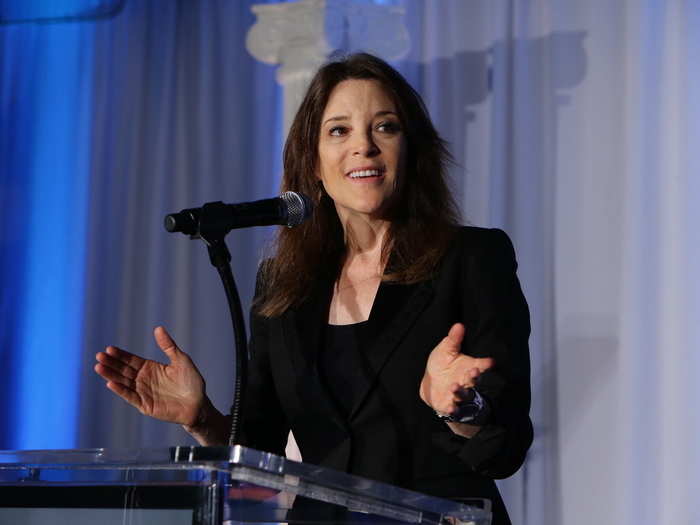
"The average graduate leaves school nearly $30,000 in debt, with student loans now totaling over $1.5 trillion. This creates a drag on our economy, as young graduates have to spend their money repaying loans instead of buying goods and creating businesses," Williamson writes on her campaign website.
At a recent campaign event in Iowa, former Colorado Gov. John Hickenlooper called student debt "a drag on the economy," according to the Daily Iowan.

"In terms of the debt that's there, I'm not sure we can do anything immediately except make sure the interest rate is as low as it possibly can be and then try to find to help people get out of debt," Hickenlooper said.
"Not all things you study are going to have the same economic opportunity, and I know that seems unjust but that's the way the world is."
Washington Gov. Jay Inslee recently enacted new protections for student borrowers and regulations for lenders in Washington, and wants to increase financial aid to make college more affordable.
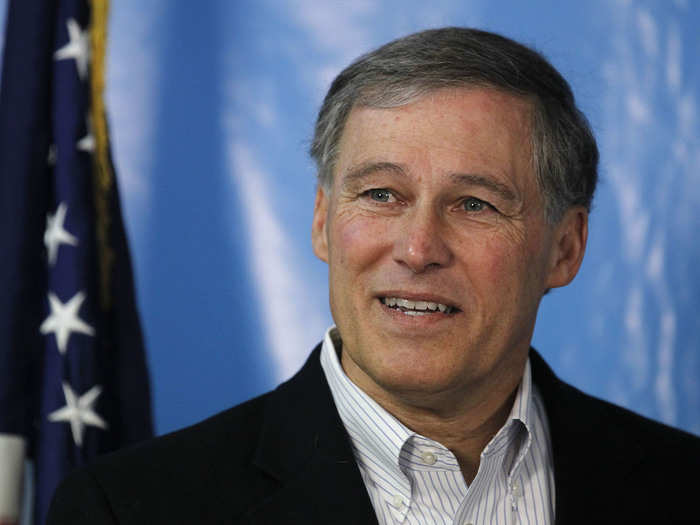
"A student's financial situation should not prohibit them from pursuing their dreams. The Washington College Promise scholarship is our next step in making sure our students can compete for the careers of tomorrow," Inslee said of his plan to expand state financial aid.
Ohio Rep. Tim Ryan is a vocal advocate for both debt relief and free college.
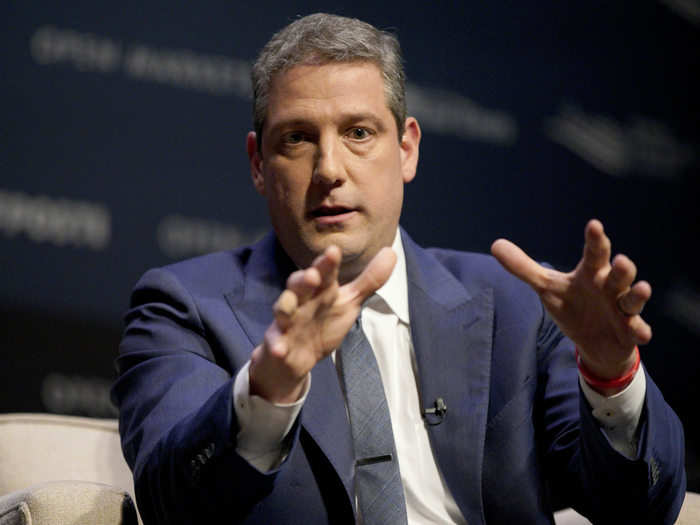
"Student debt not only makes buying a home difficult, but it's a major obstacle for many Americans to invest in their own future. Student debt has skyrocketed to $1.5 trillion. It's outrageous. It's why I'm fighting for tuition-free and debt-free college," Ryan wrote on Twitter last fall.
California Sen. Kamala Harris co-sponsored Sen. Schatz's and Sen. Booker's Debt Free College Act. She also supports debt refinancing, simplifying federal financial aid, and income-based repayment for loans.
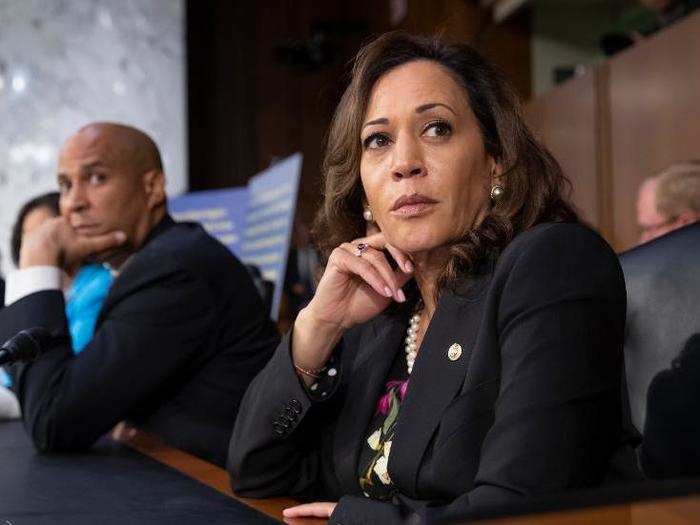
"We cannot afford to have a system like this, especially for young people who have made an investment of their time and their resources because they actually want an education to live a productive life, and contribute to our society, and be leaders," Harris said at an April 22 CNN town hall.
Popular Right Now
Popular Keywords
Advertisement